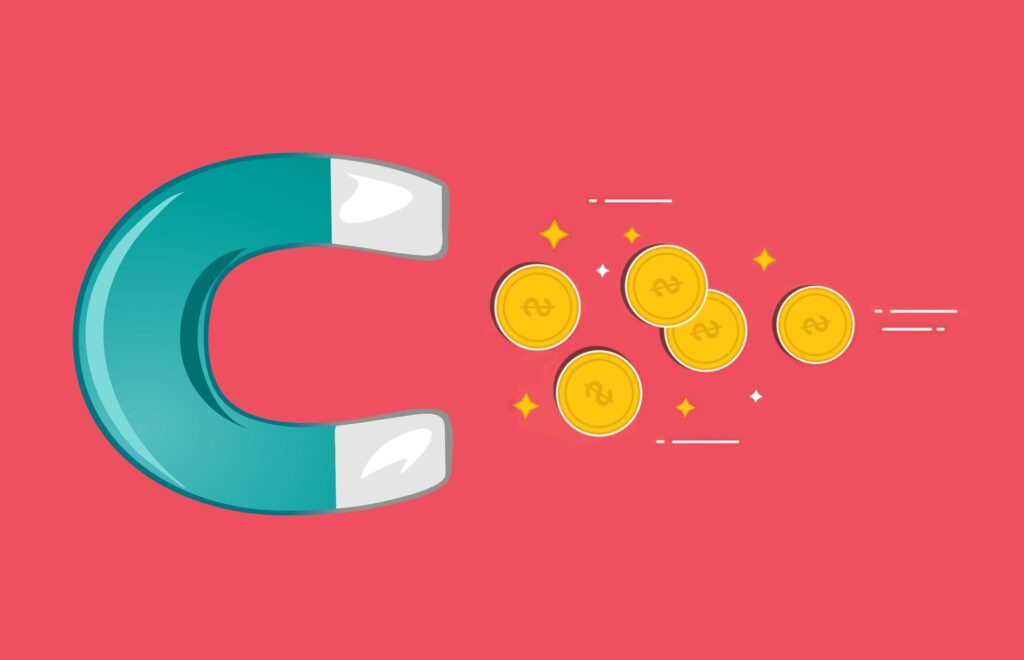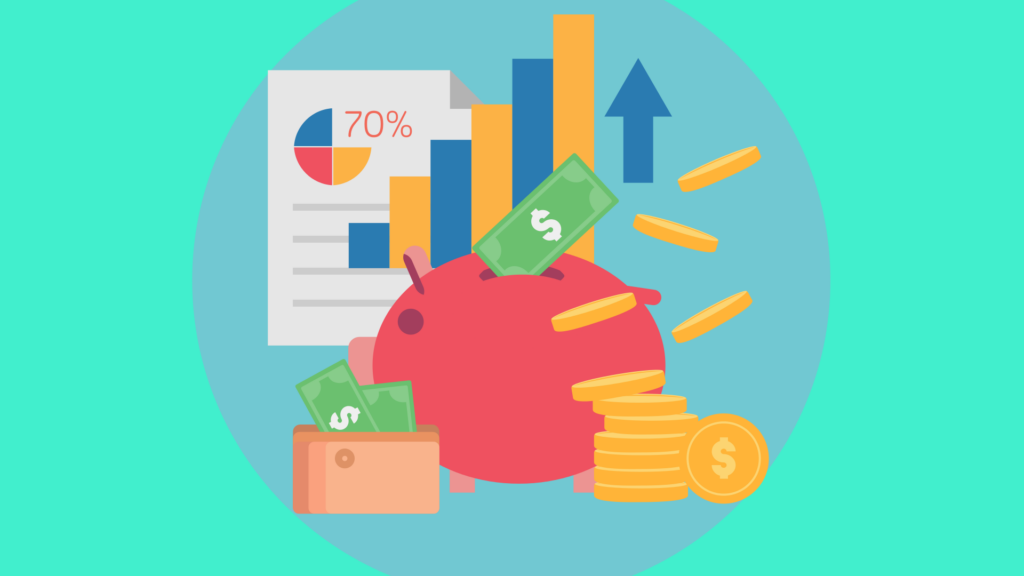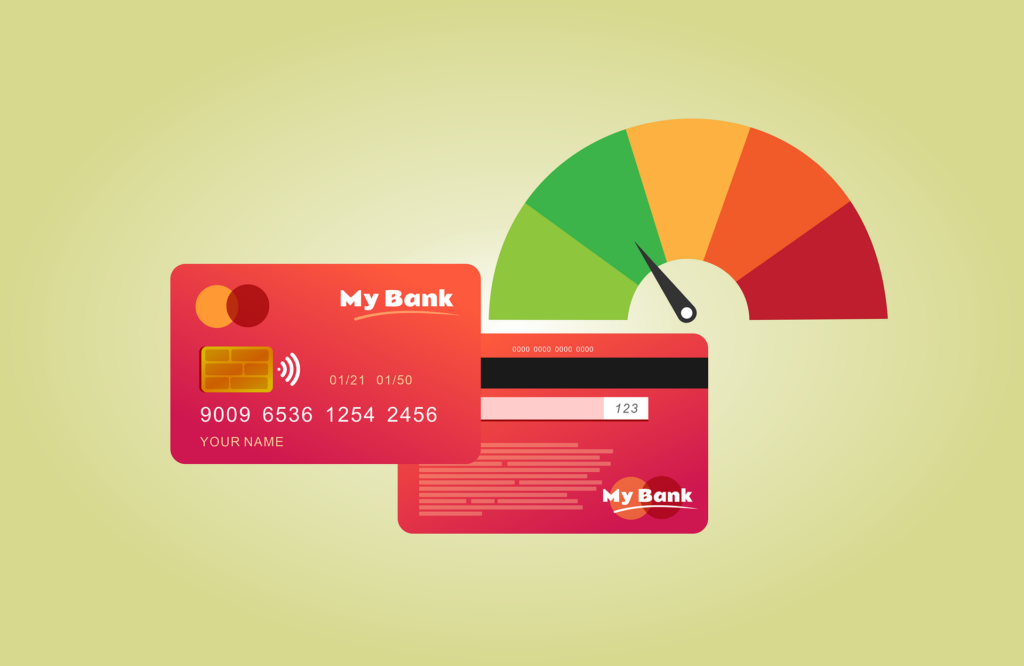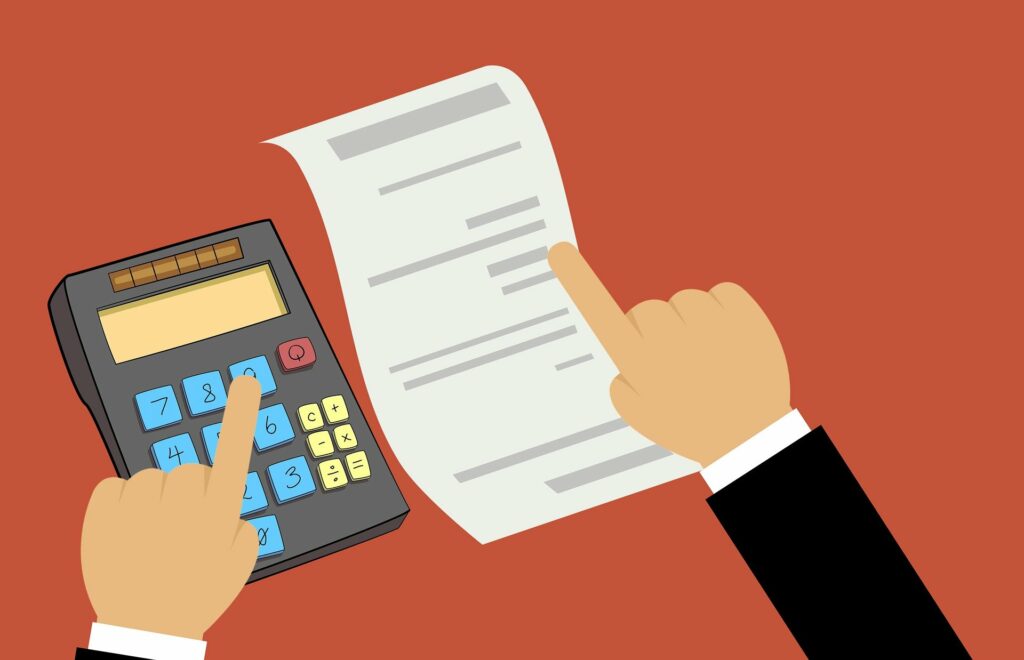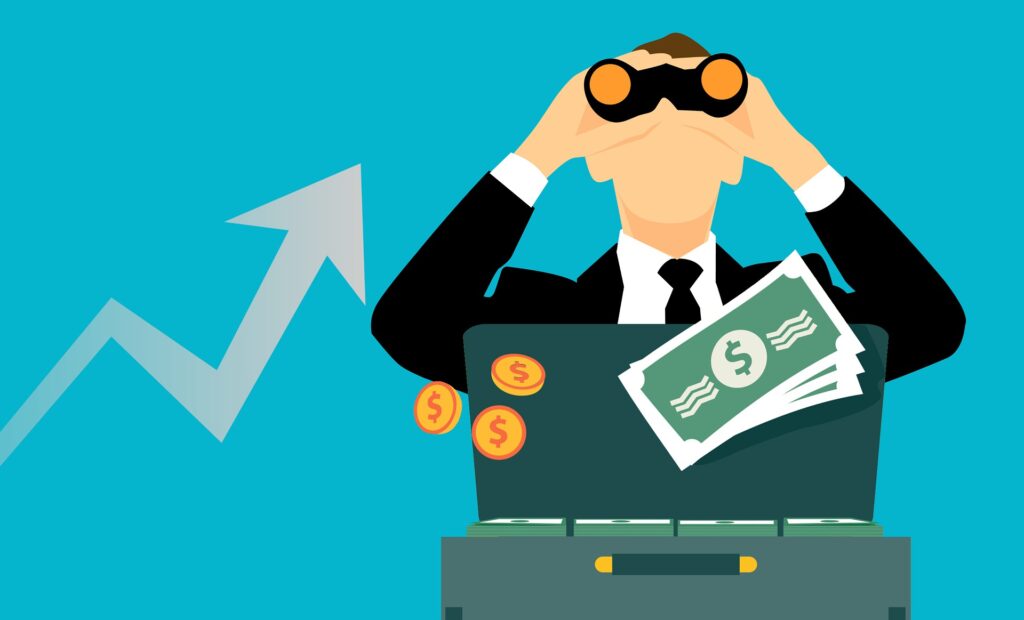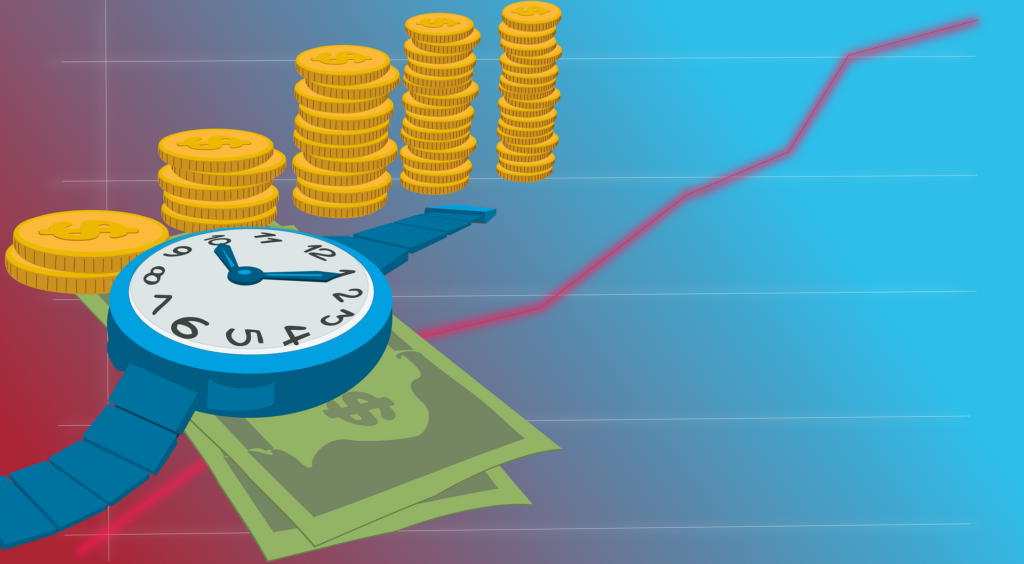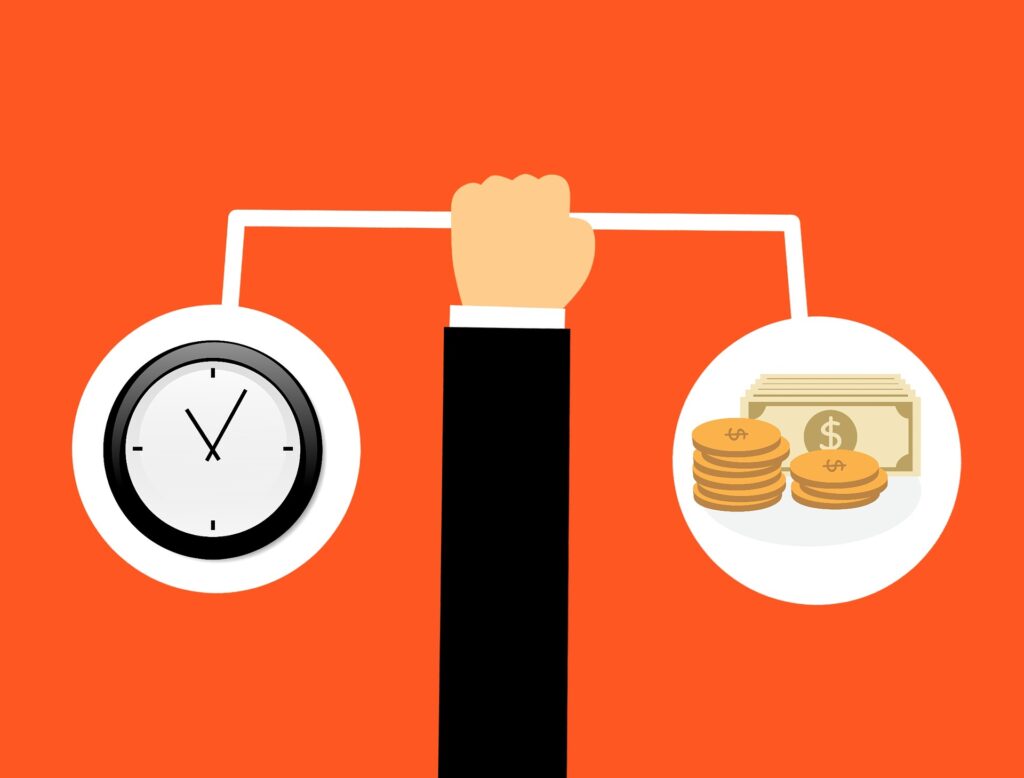Investing in a well-diversified portfolio is crucial for long-term financial success. Based on this, as the market fluctuates and your investment goals evolve, it’s essential to regularly rebalance your portfolio. Rebalancing ensures that your asset allocation stays aligned with your desired risk tolerance and financial objectives. In this article, we will outline 10 easy steps to help you rebalance your portfolio effectively.
Step 1: Define Your Investment Goals
Before diving into the process of rebalancing, it’s essential to clarify your investment goals. Are you aiming for long-term growth, capital preservation, or generating income? Understanding your objectives will determine the appropriate asset allocation and risk tolerance for your portfolio. It’s crucial to establish a target mix of stocks, bonds, cash, and other assets that align with your goals.
Step 2: Review Your Current Portfolio
To rebalance your portfolio, you need to evaluate your current holdings thoroughly. Start by examining the percentage allocation of each asset class in your portfolio. This analysis will provide insights into any deviations from your target allocation. Look for asset classes that have significantly increased or decreased in value since your last rebalancing exercise.
Step 3: Determine the Ideal Asset Allocation
Based on your investment goals and risk tolerance, determine the ideal asset allocation for your portfolio. This allocation should reflect your long-term investment strategy and should be adjusted periodically as your goals change. For example, a younger investor with a higher risk tolerance may have a larger allocation to stocks, while a retiree may prioritize capital preservation and income generation, leading to a higher bond allocation.
Step 4: Calculate the Rebalancing Adjustments
Once you have determined your target asset allocation, calculate the adjustments required to rebalance your portfolio. Start by identifying the asset classes that are overweighted or underweighted compared to your target allocation. To restore balance, you will need to buy or sell assets accordingly.
Step 5: Execute the Rebalancing Trades
With the calculations complete, it’s time to execute the necessary trades to bring your portfolio back in line with your target allocation. Sell the assets that are overweighted and purchase the ones that are underweighted. Consider the tax implications of selling assets, particularly in taxable investment accounts. Additionally, be mindful of transaction costs and choose a cost-effective approach to minimize fees which is vital when energy costs are high and a recession is a reality.
Step 6: Monitor and Adjust Regularly
Rebalancing is not a one-time event; it’s an ongoing process. After you’ve rebalanced your portfolio, it’s crucial to monitor its performance and make adjustments periodically. Market conditions, changes in your financial situation, and shifts in your investment goals may require you to rebalance more frequently or make strategic changes to your asset allocation. Regular monitoring allows you to stay on track and make informed decisions.
Step 7: Seek Professional Advice
While it’s possible to rebalance your portfolio independently, seeking professional advice can provide valuable insights and expertise. Financial advisors can offer personalized guidance based on your specific financial situation, risk tolerance, and investment goals. They can help you develop a comprehensive investment strategy, review your portfolio regularly, and recommend adjustments when necessary.
Step 8: Consider Tax-efficient Strategies
Tax efficiency should be a consideration when rebalancing your portfolio, particularly in taxable accounts. Selling investments can trigger capital gains taxes, which can impact your overall returns. To minimize the tax consequences, consider tax-efficient strategies such as tax-loss harvesting or utilizing tax-advantaged accounts like IRAs or 401(k)s. These strategies can help mitigate the tax impact and enhance the after-tax returns of your portfolio which is crucial in an economy that’s not growing and inflation is a top concern.
Step 9: Stay Disciplined and Avoid Emotional Decisions
Rebalancing your portfolio requires discipline and a long-term perspective. It’s essential to stick to your investment plan and avoid making emotional decisions based on short-term market fluctuations. Market volatility can tempt investors to deviate from their strategy, but staying the course and adhering to your asset allocation plan will likely lead to better outcomes over time.
Step 10: Educate Yourself and Stay Informed
Finally, continuously educate yourself about investing and stay informed about market trends and developments. The investment landscape is ever-evolving, and staying knowledgeable will help you make informed decisions when rebalancing your portfolio. Keep abreast of economic news, industry trends, and changes in regulations that may impact your investments.
The Final Word
Rebalancing your portfolio is a vital aspect of successful investing. By following these 10 proven steps, you can ensure that your portfolio remains aligned with your investment goals, risk tolerance, and changing market conditions. Regularly reviewing and rebalancing your portfolio will help you maintain a well-diversified and optimized investment strategy, increasing the likelihood of achieving your long-term financial objectives. Remember, seeking professional advice and staying disciplined are key factors in rebalancing success.


